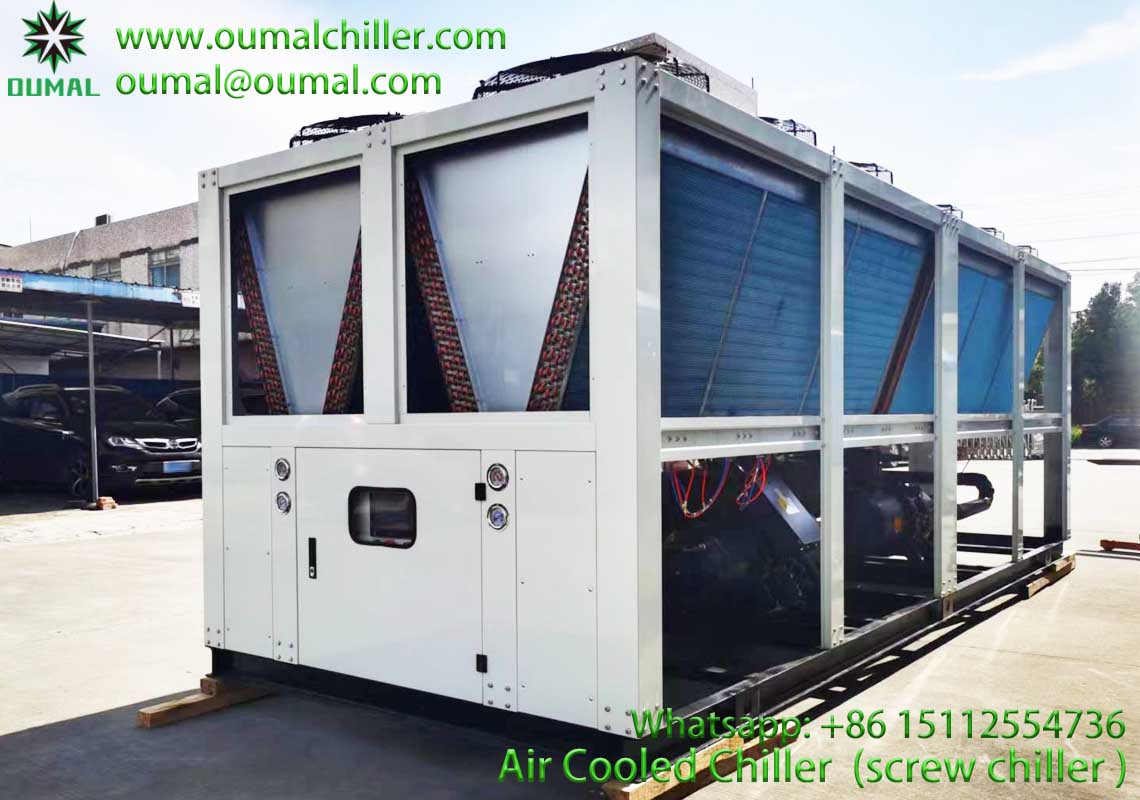The importance of traditional industries in our lives is becoming more and more obvious, and the importance of related equipment that assists traditional processing industries is also becoming more and more obvious. Air-cooled chillers have become an indispensable presence in the plastics processing industry. An excellent chiller can greatly improve the surface finish of the plastic products we see now, and can also greatly reduce the probability of marks, textures and internal stress on the surface of plastic products, ensuring that the plastic products that reach consumers will not shrink or appear. In the case of deformation, choosing an air-cooled chiller can also help more convenient demoulding and product molding when processing plastic products, which greatly improves the production efficiency and product quality of the industry. Air-cooled chillers have become an indispensable refrigeration auxiliary equipment for manufacturers in the plastics industry.

Therefore, the normal operation of the industrial chiller is very important, and the lack of refrigerant will affect the cooling effect of the chiller. Air cooling is the cause of insufficient refrigerant in the chiller.
1. The newly installed chiller is not filled with refrigerant as required.
2. The air tightness of the system is not good, resulting in refrigerant leakage.
3. Improper operation and maintenance may lead to refrigerant leakage.
Insufficient refrigerant in an industrial chiller can lead to several harmful consequences, including:
Reduced cooling capacity: The refrigerant is responsible for absorbing heat from the process fluid and transferring it to the environment. If there is not enough refrigerant, the cooling capacity of the chiller will be reduced, leading to higher process fluid temperatures and decreased efficiency.
Increased energy consumption: When the chiller is not operating at full capacity, it may need to run for longer periods to maintain the required temperature, resulting in higher energy consumption and increased operating costs.
Component failure: Running an industrial chiller with insufficient refrigerant can cause the compressor to overheat and eventually fail. This can result in costly repairs and extended downtime.
Reduced lifespan: Operating an industrial chiller with insufficient refrigerant can cause excessive wear and tear on the system's components, reducing its lifespan and requiring more frequent maintenance.
Safety hazards: Low refrigerant levels can cause the chiller to operate at higher pressures, which can create safety hazards for workers and potentially lead to equipment damage or failure.
Overall, insufficient refrigerant can have significant negative impacts on the performance, efficiency, and safety of an industrial chiller. It is crucial to ensure that the chiller is properly maintained and that refrigerant levels are regularly checked and adjusted as needed.
评论
发表评论